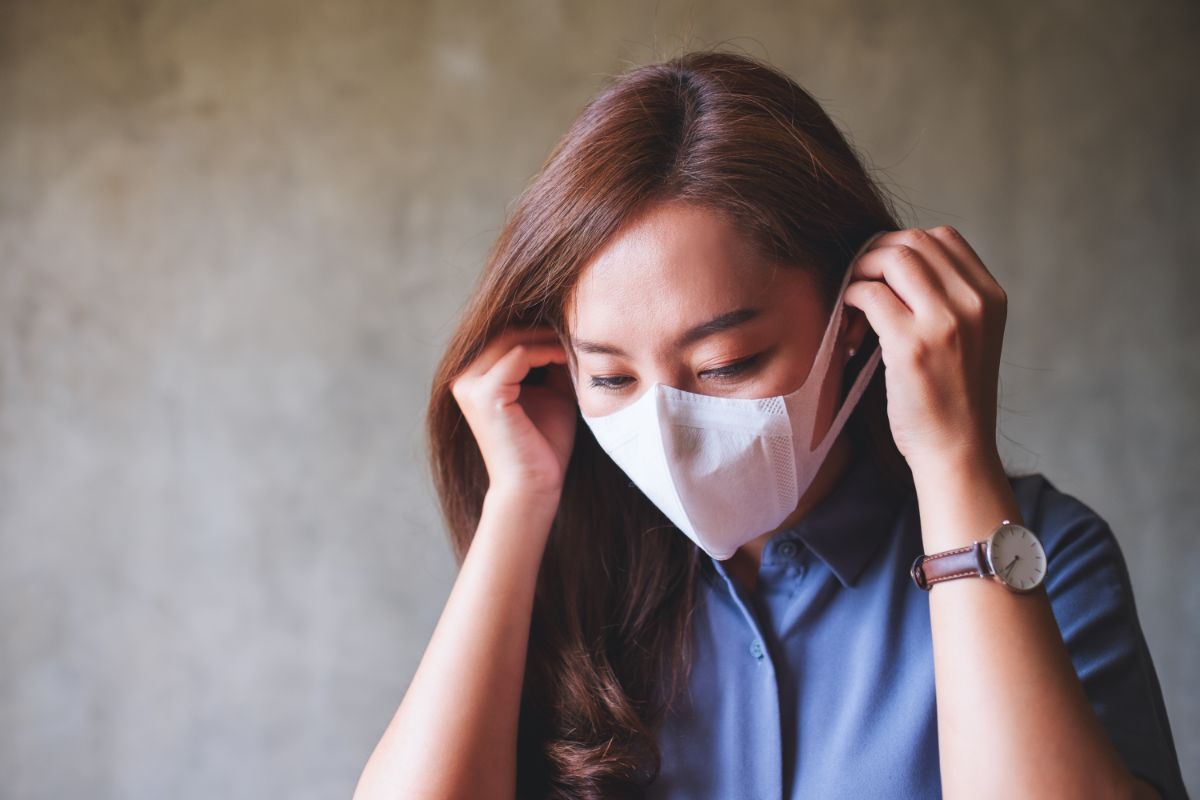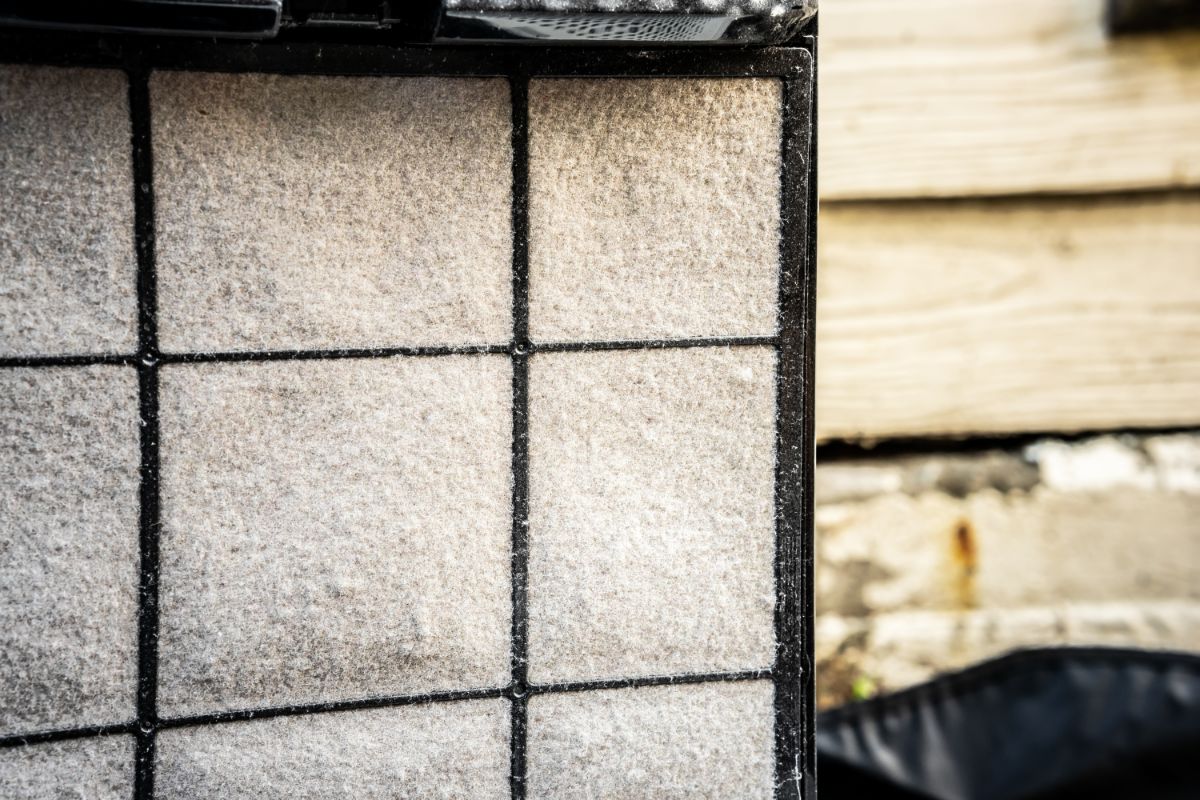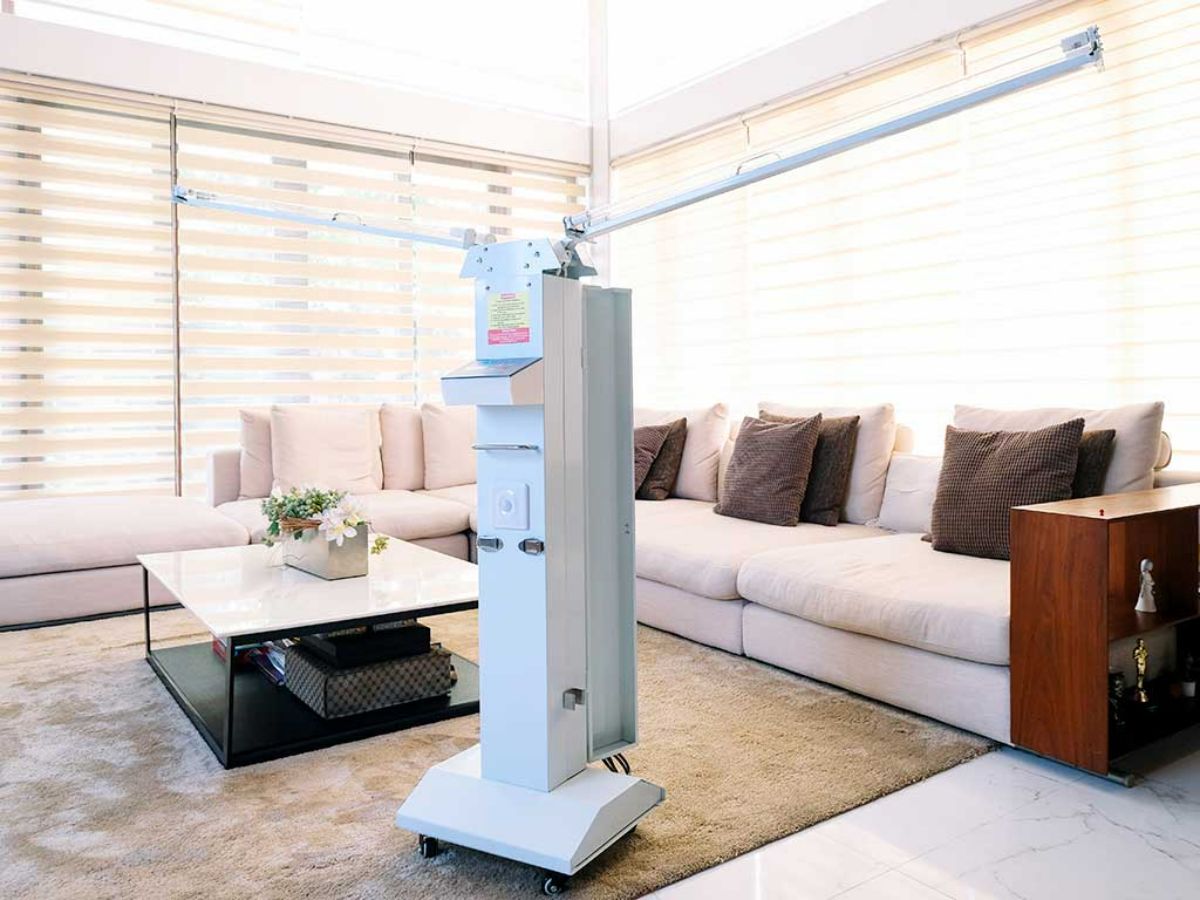What are the air quality factors that can cause infection?
- Length of time
- Ventilation and filtration
- Dust and other airborne particles
- Microbes
- Chemicals
- Humidity
We know that air pollution is a health hazard. However, when we think of air pollution, we often think about it in terms of outdoor smoke and fumes. This leaves us vulnerable to indoor air pollution, which we are more likely to be affected by. The air quality in your homes and offices is just as important if you’re looking to protect your health from airborne illnesses and diseases.
To help you protect yourself, we’ve prepared six air quality factors that can cause infection, and what you can do to avoid them.
What are the health risks of poor indoor air quality?

Poor air quality has several adverse health effects. The air we breathe in affects many different parts and functions of the body, which can result in a wide variety of common illnesses — such as the cold or flu — or even lead to more serious infections, such as COVID-19 and tuberculosis.
Poor air quality can also worsen existing respiratory problems, such as asthma or chronic obstructive pulmonary disease (COPD). Those in your family that have these pre-existing conditions are also at greater risk of health complications if they continue to stay in areas with poor air quality.
What are the factors that can increase your risk of infection?
That said, the first step to protecting yourself and your family is knowing what affects the air you breathe. Here are six key factors that contribute to the state of your indoor air quality:
Length of time
The length of time you spend with someone who has respiratory sickness (such as colds, flu, cough, and the like), the higher the risk of getting the same sickness.
For example, staying indoors with someone who is sick for more than 15 minutes increases the chances of you also getting sick, compared to staying indoors for less than 5 minutes.
Another factor to consider is the activities that you and the other people in the room are doing. If you’re doing things like singing, shouting, or breathing heavily due to physical activities (such as exercising in a gym), then the risk of infection goes up.
If you and the other people indoors are wearing a mask, however, then the risk of you getting sick is greatly decreased!
Ventilation and filtration

The next factor to look at is how well-ventilated the room is. The more often the air indoors is cycled and replaced with clean, fresh air, the less your risk of infection is.
There are a few things you can do to improve ventilation, such as opening windows, fans, and other cooling systems in the room to bring in the air outdoors. Another thing you can do is invest in a reliable home ventilation appliance — such as an air purifier.
UV Care’s Desk Air Purifier is great for small areas, and can effectively get rid of up to 99.9% airborne pathogens (a.k.a. things that trigger sickness or allergies)! For larger spaces, we recommend our Super Air Cleaner Pro 2, which has a high CADR and ACH rate and has specialized technology that is proven to kill a wide variety of airborne illnesses, including COVID-19.
Dust and other airborne particles
Dust, which can include things like soil, pet dander, and dead skin, float around in the air and eventually settle on surfaces. When you breathe dust in — even in small doses — it can cause symptoms like sneezing, itchy eyes, sore throat, and nasal congestion.
For some people, breathing in dust can even cause shortness of breath, tightening of the chest, allergic reactions, and sleep deprivation, due to the irritation that dust can create in your lungs and throat.
Luckily, this problem is very easy to tackle. You can vacuum regularly, use a microfiber cloth to wipe down surfaces, and change your sheets weekly to reduce the amount of dust in your area. Air purifiers equipped with H13 or H14 HEPA filters are also especially effective at removing airborne particles and keeping your space free of dust.
Microbes

Microbes, which are things like mildew and mold, are another factor to look out for. These are common if you have excess moisture in floors, walls, and ceilings, as they thrive in damp conditions.
Exposure to microbes can trigger allergic reactions, as well as increase the risk of respiratory sickness, asthma attacks, and other problems.
To get rid of microbes, you should look into the source of possible dampness in your home or office right away. You might be having plumbing problems (such as a leaky pipe), which are providing the right conditions for microbes to grow. If so, contact a professional immediately.
Chemicals
The chemicals we use to clean our homes and our offices may be doing more harm than you think. This is because common household products often contain things called Volatile Organic Compounds, or VOCs.
These VOCs are potentially harmful, especially VOCs such as formaldehyde and benzene. These can be found in paints, aerosol sprays, and wood preservatives.
One solution you could go for is switching to organic products, which contain no VOCs. Another solution is investing in an appliance that can filter them out from your indoor air — such as the UV Care 6-Stage Air Purifier.
Humidity
Ideally, your home should have some humidity (around 30-50% relative humidity) Anything above or below that can cause problems for your health. For example, a home that’s too dry can increase the risk of eye and skin irritation.
A home that’s too humid, on the other hand, will increase the risk of respiratory illness, as colds and flu are more easily transmitted in these conditions. High humidity will also create an environment for microbes to grow and spread — which we know is dangerous for your health.
To control your home’s humidity, then you should invest in a humidifier or dehumidifier, depending on your needs. If you’re having problems with humidity levels, then consider our 8-Stage Air Purifier, which comes with a built-in humidifier and an antibacterial filter, which ensures the fine mist released by our appliance is germ-free!
Key Takeaway
There are many air quality factors that can cause infection, including pollutants, allergens, and time of exposure. Knowing and understanding what these factors do to the air you breathe can help you avoid the risks!
If you’re looking for a powerful way to improve the quality of your indoor air, then contact UV Care. We are the air purifier supplier in the Philippines that can help you choose the best air purifier with a HEPA filter in the Philippines for your specific needs!

